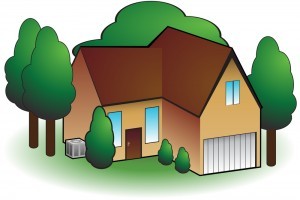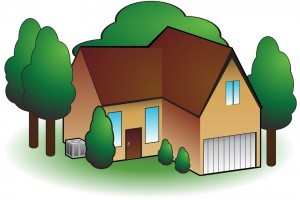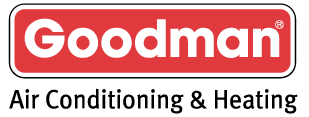Proper landscaping is a natural and beautiful way to keep your home more comfortable and reduce energy bills. A shaded air conditioning unit is one way in particular that you can reduce your energy bills. Shading your outdoor unit allows it to cool your home easier, increases the efficiency of the unit and reduces your energy consumption. A shaded unit requires up to 10 percent less energy to operate than an un-shaded unit and shaded air can be up to six degrees cooler than air in direct sun.
Here are some helpful tips when landscaping around your air conditioning unit:
- Do keep your air conditioning unit out of direct sunlight. If it gets too hot your air conditioning unit will have to work harder and overtime this will shorten the life of your compressor. A cooler unit is also more efficient.
- Don’t plant anything that will block the access panel where the unit needs to be serviced.
- Do keep 2-3 feet between whatever shading you have and your unit so that it is accessible for maintenance and repair.
- Don’t build anything above your air conditioning unit, like a deck or porch.
- Do take care when shading your air conditioning unit to allow enough space around it so that the hot air emitted from the condenser can flow away from the unit easily.
- Don’t plant shrubs or trees so thick that they block the flow of air to the unit.
- Do leave at least two feet clearance around the equipment and at least five feet above it.
- Do keep area around a/c unit free of any loose dirt or sand. This debris can splatter on your unit when it rains, and when it’s dry outside; the unit will be sucking up all the dust around it.
- Do plant trees near your unit. Trees will provide shading and cooling. According to the Department of Energy, “Just three trees, properly placed around a house can save between $100 and $250 annually in cooling and heating costs and deciduous trees planted on the south and west sides will keep your house cool in the summer.” (Note: Daytime air temperature can be 3º – 6º cooler in tree-shaded neighborhoods.)
Have questions? Contact us on our Ask An Expert web page. Don’t Sweat! Call Bayonet!
Source:  U.S. Dept. of Energy
U.S. Dept. of Energy
www.energysavers.gov
http://www.greenyour.com











